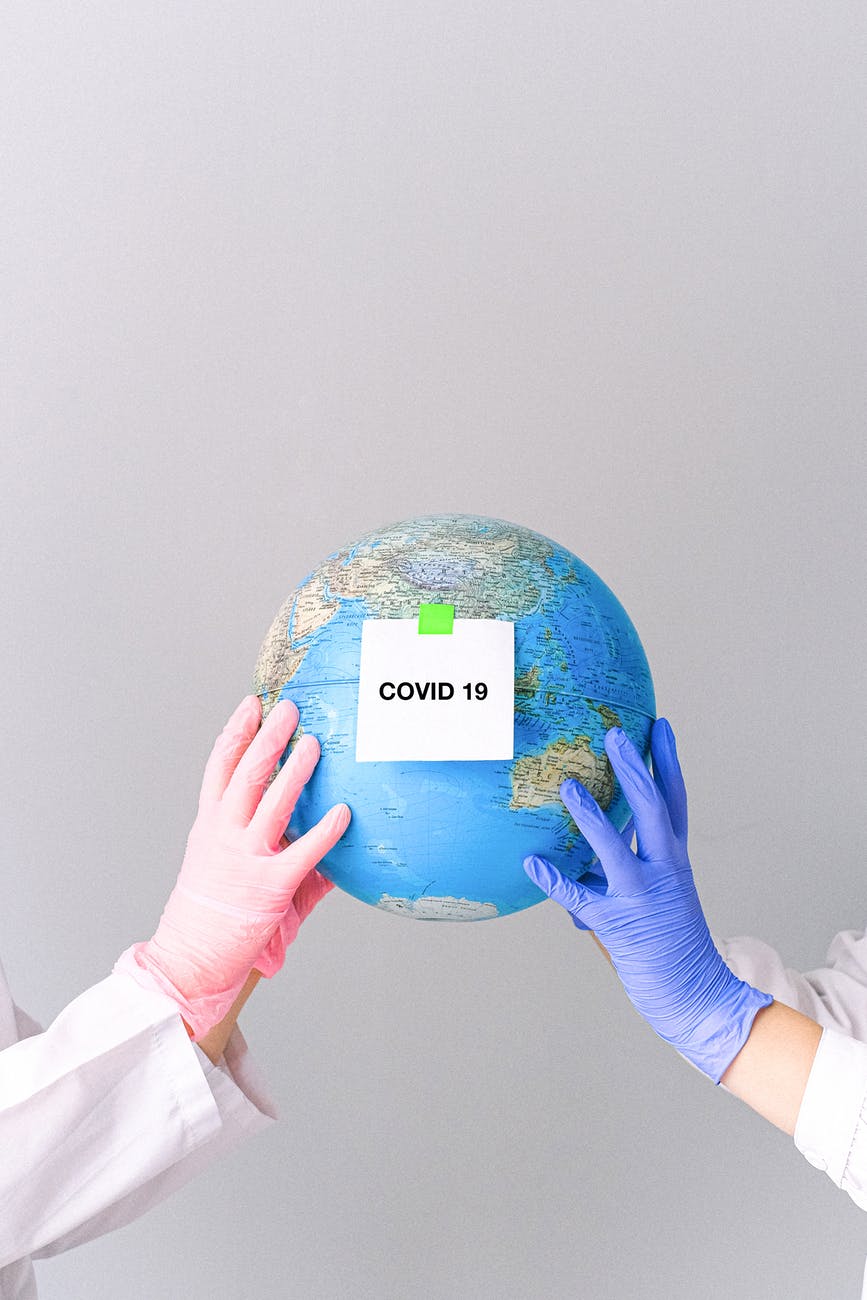Clinical Trials in Post COVID-19 Era (Updated)
As you know, everyone in the world, because of COVID-19, struggles to have better conditions, whether it is related to finance or health. In such a situation, a prompt publication of clinical trials guidelines and modifications have been made to ensure the risk of virus spreading.
As a result, cancer patients have been found to have limited transmission. A discussion from the AACR 2021 annual meeting has opened up new chances for decentralized medical trials and real data in the pandemic era.
During the discussion, “Lessons Learned from COVID-19: Adaptations and Approaches to Modernization of Trials,” the main speakers were:
- Donna R. Rivera
- Susan Winckler
- Elizabeth Barksdale
- James H. Doroshow
- Sundeep Agrawal
- Nicole Gormley
- Jill Feldman
- Noolie Gregory
The ultimate goal of this session was to find out what changes have occurred, what percentage of the population is affected, where it can increase the transformation of clinical trials, and how the oncology arena can resist.
COVID-19 Leads to a Quick Transformation in Clinical Trial Guidance
Due to the pandemic situation, patients were incapable of visiting the clinical experimental place, and staff required more time to establish, implement, and attend to the patient.
There were also limited ancillary services, testing procedures had to be changed, and communication to testing programs was variable and inconsistent.

Clinical Trial Guidance
So, the FDA issued a Guidance Document on how to ensure the safety of clinical trial applicants during the Public Health Crisis and provided considerations relating to common issues.
If the protocol changes or termination effectiveness are needed, the FDA suggested having communication between the supervisory agency and investigators concerning information organization for statistical examination tactics.
COVID-19 Unlocks the Pathway to Discourse Racial and Ethnic Differences in Clinical Trials
To look beyond the COVID-19 era, expansion eligibility criteria to discourse depiction throughout the procedure should be at the center of clinical trial development.
One of the speakers also used scientific trials in manifold myeloma as an example.
However, the reconciliation between clinical trials in multiple myeloma and those needed to develop vaccines against the COVID-19 pandemic led to the Janssen COVID-19 vaccine, which included a vigorous and diverse patient.
Hence, it proves that amplified depiction is probable in medical experiments.
Moreover, references for eradicating racial differences in numerous myelomas were also printed based on an FDA-AACR workshop.
Emerging a Better Considerate of Decentralized Clinical Trials
The other positive aspect of this pandemic situation was that all the testing and data collecting procedures were conducted locally, so there was no chance to skip anyone.
Hence, decentralized medical experiments can be one step forward to increase convenience.
Outdated clinical trials are likely to have a role to play as they have established experience and provide many benefits to patients.
However, decentralized trials put less burden on patients, which leads to faster patient accumulation and lower cost trials.
This approach also leads to less attrition, greater convenience of long-term follow-up, and the potential to recruit more representative patient populations.
There were surveys by the LUNGevity Foundation, a survival-focused non-profit, that found that patients cite travel and logistics as a top concern when it comes to recruiting for clinical trials.
Additionally, thoracic oncologists have said it can likely do tests through local labs if the data is not compromised. Collectively, decentralized clinical trials could ease the load on patients while upholding the comfort of investigators in acquiring data.
To further integrate decentralized elements into drug development programs, principal investigators and sponsors need to know who is responsible for overseeing a survey.
Investigators and sponsors may not want to take responsibility for the results obtained by local laboratories or providers who are not under direct supervision.
Academic and industry professionals are tweaking these details.
LUNGevity is assigning risk levels to common lung cancer procedures to determine which elements could be decentralized and which elements should remain in place. Remote consent may also be the next step in deepening this approach.
What Does Clinical Trial Updating Mean for a Post–COVID-19 World?

COVID-19 WORLD
Finally, lessons erudite from the COVID-19 pandemic have provided the pathway to real-world data opportunities that can offer quick responses to emergent public well-being matters and update state-of-the-art medical experimental designs, and simplify a learning healthcare scheme.
But still, there are challenges of using real-world data form and need to be more standardized.
References:
https://www.onclive.com/view/
https://www.onclive.com/view/
https://www.fda.gov/media/

As a nutritionist, I research, find and experiment with recipes, natural diets and meal plans for weight loss, bodybuilding, and detoxing.
